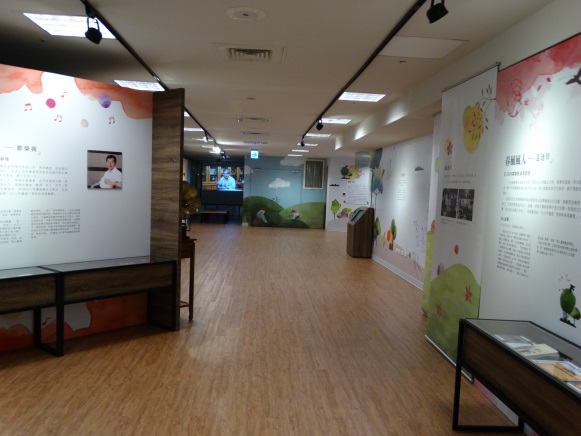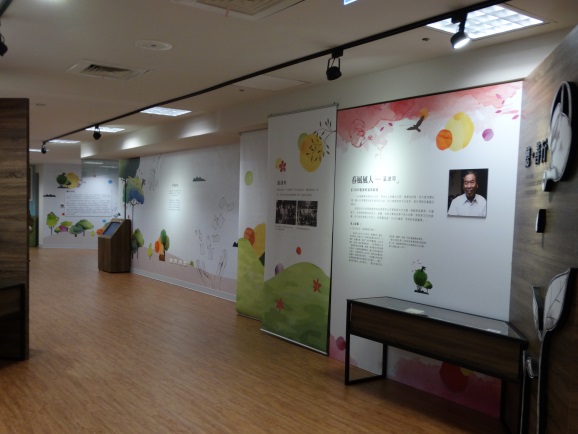8th Special Exhibition Hall
8th Special Exhibition Hall (Hakka Contribution Museum)
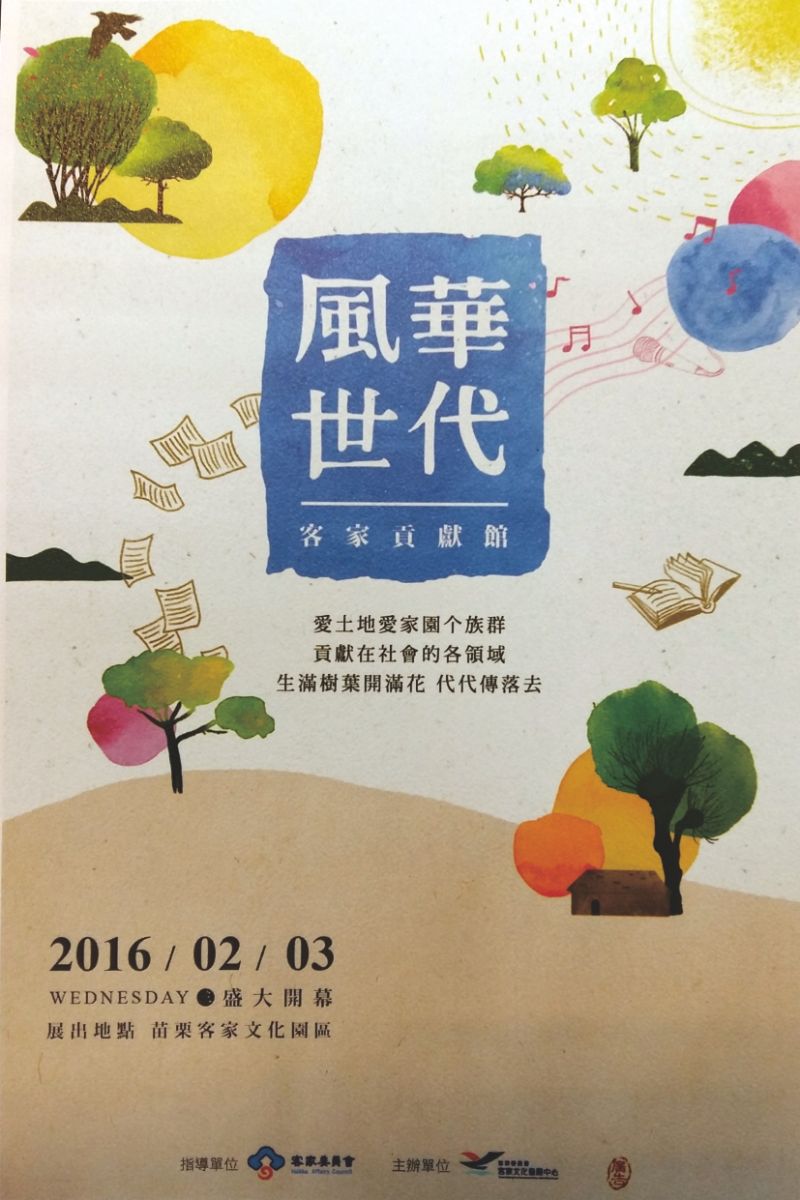
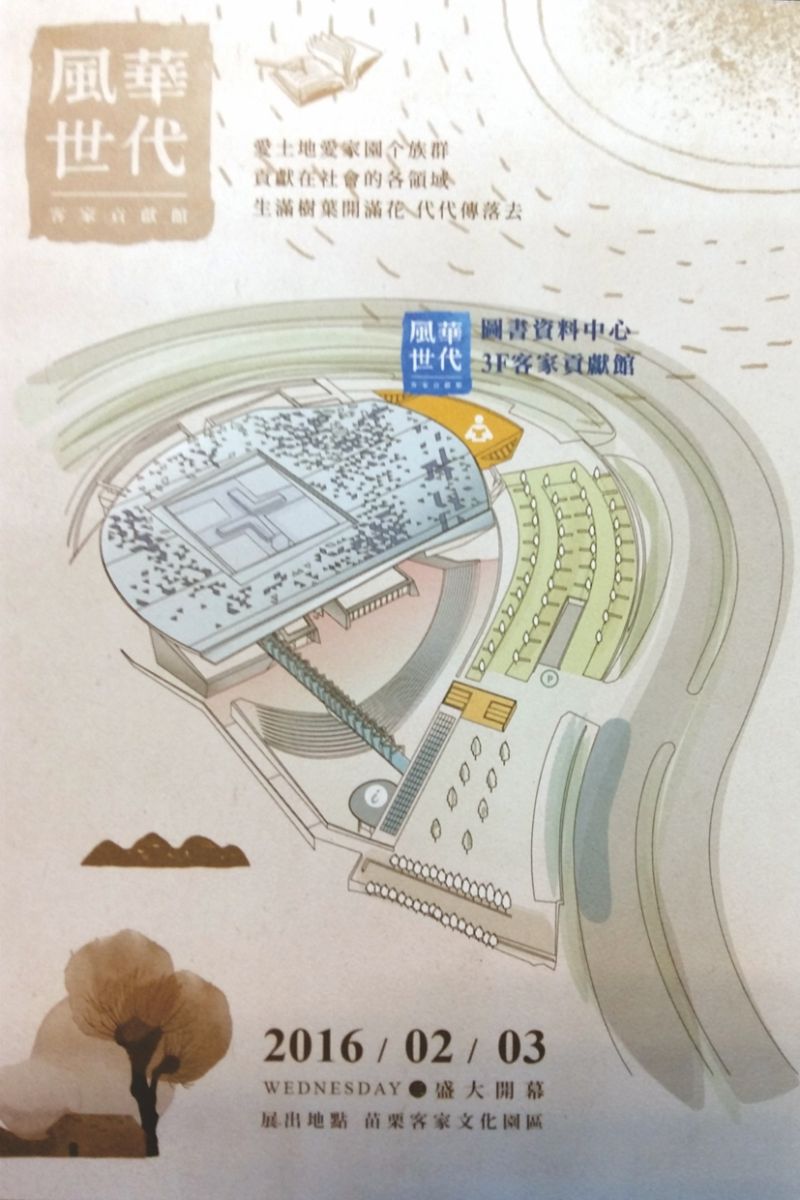
【Hakka Contribution Museum】
Unlike other Han Chinese groups, Hakka people are not named after a geographical region, e.g. a province, county or city. In fact, Hakka people have migrated around the world in the past thousands of years. In Taiwan, the Hakka ethnic group is an important part of its population, playing not only an indispensable role in Taiwan's culture but also enriching its cultural connotation.
To recognize the achievements of Hakka communities in various fields, the Hakka Affairs Council has since 2007 created the "Hakka Contribution Awards" to recognize those high achievers in language, literature, history, academia, arts, cultural and creative industries. Through a rigorous screening, evaluation and selection process, the award winners from the past several sessions have been highly praised by all sectors, and the award itself is considered to have a meaningful and far-reaching effect in cohering Hakka ethnic consciousness and spreading Hakka spirit.
Taiwan Hakka Museum, Hakka Culture Development Center, Hakka Affairs Council, set up this "Hakka Contribution Museum" in 2015 to showcase the life story of those winners of "Lifetime Achievement Award," the highest honor of the "Hakka Contribution Awards." The exhibition is meant not only to praise and glorify the winners of the Lifetime Achievement Award but also to use their recorded history as examples to inspire young Hakka people to inherit Hakka spirit and Hakka culture and make them flourish even more.
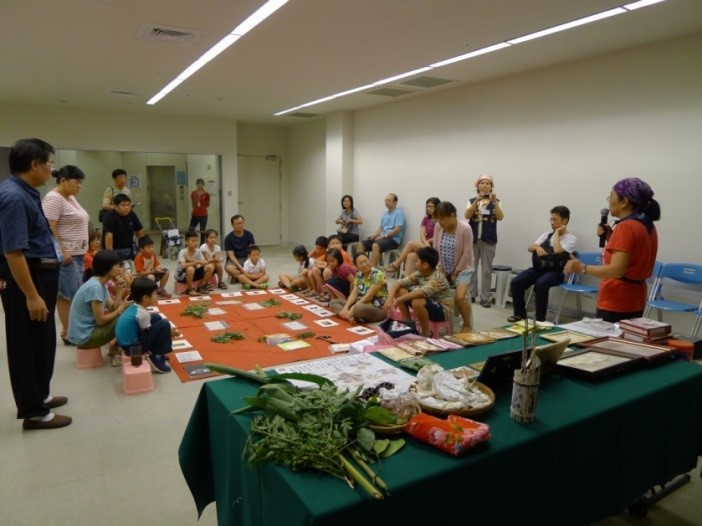 |
【Word‧Literature】
|
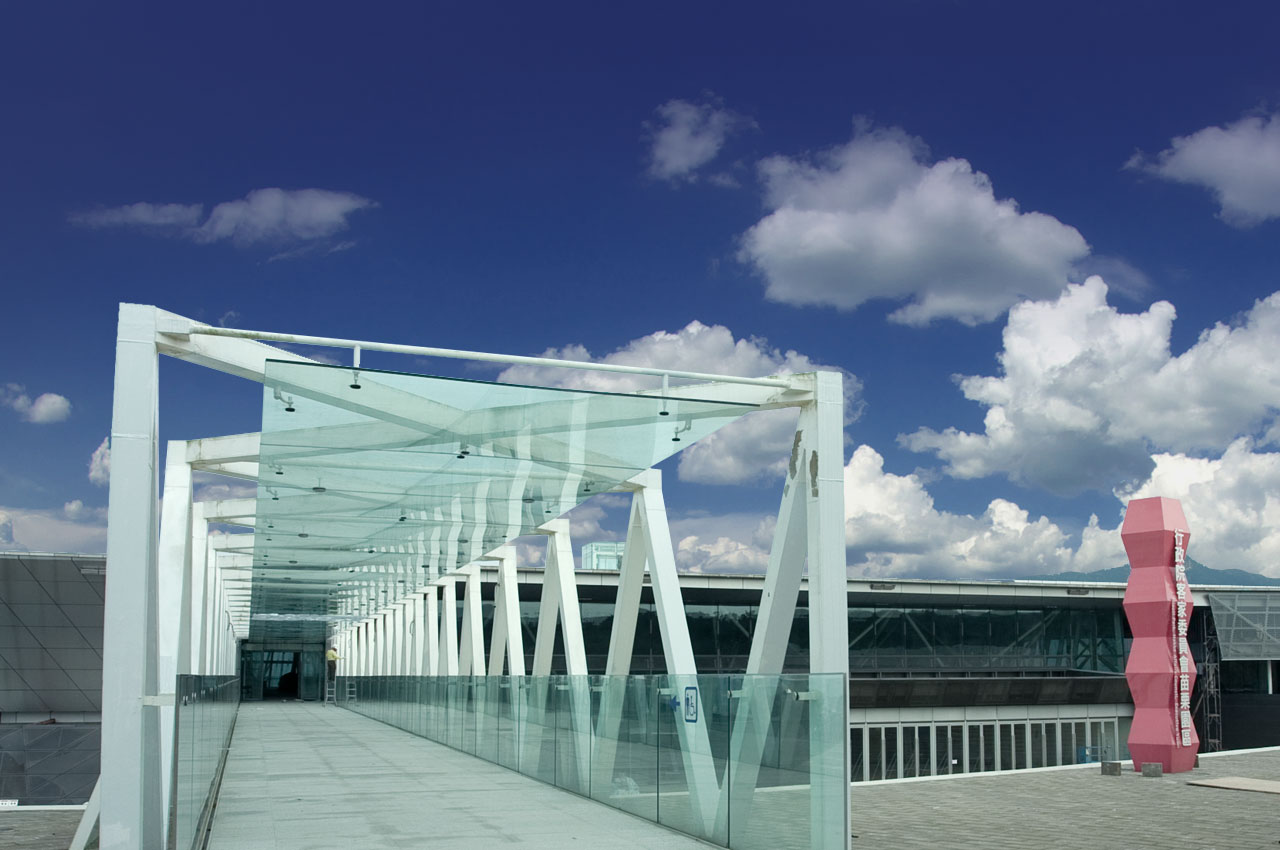 |
【Sound‧Traditional Opera】Songs and traditional operas are used to tell Hakka stories, while sound and image are used to render the silhouettes of Hakka culture. Melodious folk songs – Lai Bi-Xia|2008 Hakka Lifetime Achievement AwardFrom a self-taught folk artist to a songwriter and playwright, Ms. Lai Bi-xia has been engaged in the trade for more than six decades. Her mild and sweet voice has been passing over every Hakka village in Taiwan. Committed to Hakka folk song singing, Lai is considered the most representative of Taiwan Hakka music performing artists. She collects, records, promotes, and teaches Hakka folk songs, making a remarkable contribution to the preservation of Taiwan’s precious musical culture and heritage. She was awarded "Hakka Lifetime Achievement Award” in 2008, was designated as an "important preserver of traditional Hakka folk songs" by the Ministry of Culture in 2011, and was awarded the "National Culture and Arts Award" in 2012. Folk art heritage - Cheng Jung-hsing |2013 Hakka Lifetime Achievement AwardAs a child, Cheng Jung-hsing learned such performing arts as Hakka eight tones, traditional Hakka operas, Hakka funerary rites from his family. During his school days, he received formal music education in Taiwan and then the University of Paris, France. Since returning home, he has devoted himself to traditional opera education for decades. Cheng is good at Hakka eight tones and very skillful in playing various kinds of instruments and has integrated many musical elements of traditional Hakka operas into Hakka folk songs, tea-picking songs and traditional opera and drams without losing their original flavor. He led a number of eight-tone troupes to perform in many places all over the world and has become internationally renowned as the only top expert in the trade! Cheng was awarded the "Hakka Lifetime Achievement Award in 2013. |
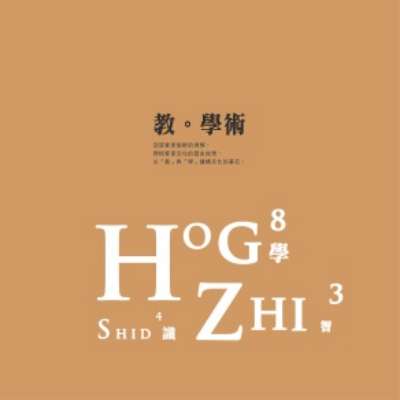 |
【Teaching‧Academia】Look back at the source of Hakka ethnic group, comb through the historical texture of Hakka culture, and construct Hakka cultural cornerstone by "teaching" and "learning." Pioneer in Hakka study - Chen Yun-dong |2009 Hakka Lifetime Achievement AwardChen Yun-dong, a cultural and historical scholar, has dedicated himself to Hakka cultural and historical research over the years. He has written many books and/or articles, among which "Hakka People," a book that he wrote in 1978, has been praised as the first and the best systematic study of its kind and a “must-read” classic masterpiece for Hakka research. As a devoted pioneering researcher and promoter of Hakka culture, Chen was awarded the "Hakka Lifetime Achievement Award" in 2009. His family have dedicated to education for five generations. In addition to teaching, Chen has also been involved in field investigations in Hakka regions, and has spared no effort in compiling local Hakka cultural and historical records. Hakka Language Heritage - Ku Gou-shun|2015 Hakka Lifetime Achievement AwardAn academic founder, practitioner and educator, Ku Gou-shun was born to a farmer family. Following his father and brothers, Ku began to labor on farms and received education in Hakka language in his childhood. Around 1980, when Taiwan underwent huge social changes, making him anxious about the existence of Hakka language and culture, he decided to focus his personal teaching and research on Hakka. During his academic career for more than half a century, Ku devoted himself to Hakka language teaching and research. He has developed Hakka phonetic symbols, helped promote the unity of writing systems, committed to the training of young talents, and used the media to promote Hakka culture. As such, he is called an excellent model in Hakka community and was awarded the "Hakka Lifetime Achievement Award” in 2015. |
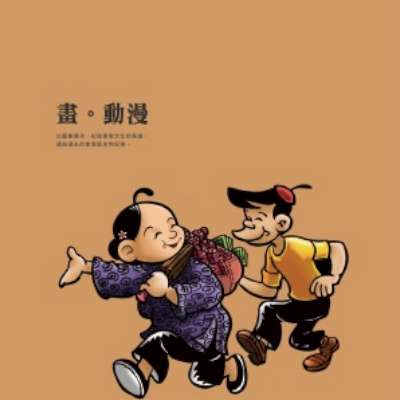 |
【Drawing‧Animation】Use images to pass down and record Hakka culture and heritage and connect with Hakka history and memoryMountainside Urchin — Liu Xing-qin∣2008 Hakka Lifetime Achievement AwardWhen Liu Xing-qin was an elementary school teacher, he began to draw comic strips aiming to guide his kid students into correct concepts. Thereafter, Liu created two cartoon characters, "Auntie" and "Brother Ah-San," both of whom eventually became the most well-known cartoon characters in Taiwan. The barefoot "Auntie" wearing Dajin shirt and cropped pants and appearing as a simple, honest and stubborn personality was in fact modeled after Liu’s own mother, a typical Hakka woman. Meanwhile, "Brother Ah-San" was Liu himself in spirit. Liu emigrated overseas at his old age and completed one hundred folk-art drawings depicting the life of Hakka ancestors. Liu is well known for using his drawings to record Hakka cultural heritage. In addition to a comic master, Liu is also an inventor and an aggressive promoter of Hakka culture. He was awarded the "Hakka Lifetime Contribution Award” in 2008. |
 |
【Virtue‧Good deeds】Like a blowing spring breeze, his love waters the roots planted in Hakka soil, giving birth to a new force of Hakka culture. Like Spring Breeze Bringing People to Life — Wen Song-zhen∣2009 Hakka Lifetime Achievement AwardWen Song-zhen moved from his home town Nanchuang, Miaoli, to Taipei when he was only 15. Working hard for years, he built up a successful career and has since started to take part in all kinds of charitable activities, give out scholarships to tertiary students, promote Hakka language education and so forth. His great love and good deeds have been spreading throughout Taiwan and mainland China, and he was awarded the "Hakka lifetime Achievement Award” in 2009. |
【Working hard hand-on for a better future】

No matter what kind of jobs you take, you always start to work with your own hands, and the hands always tell life stories full of tear, sweat and warmth.




